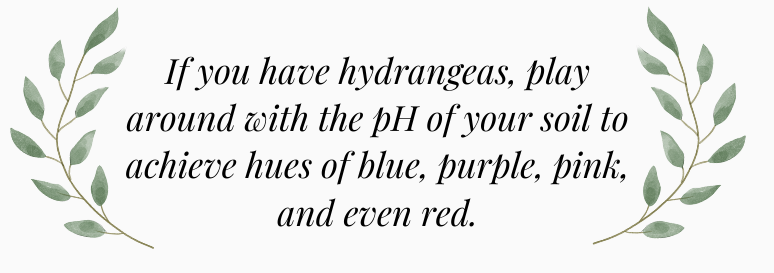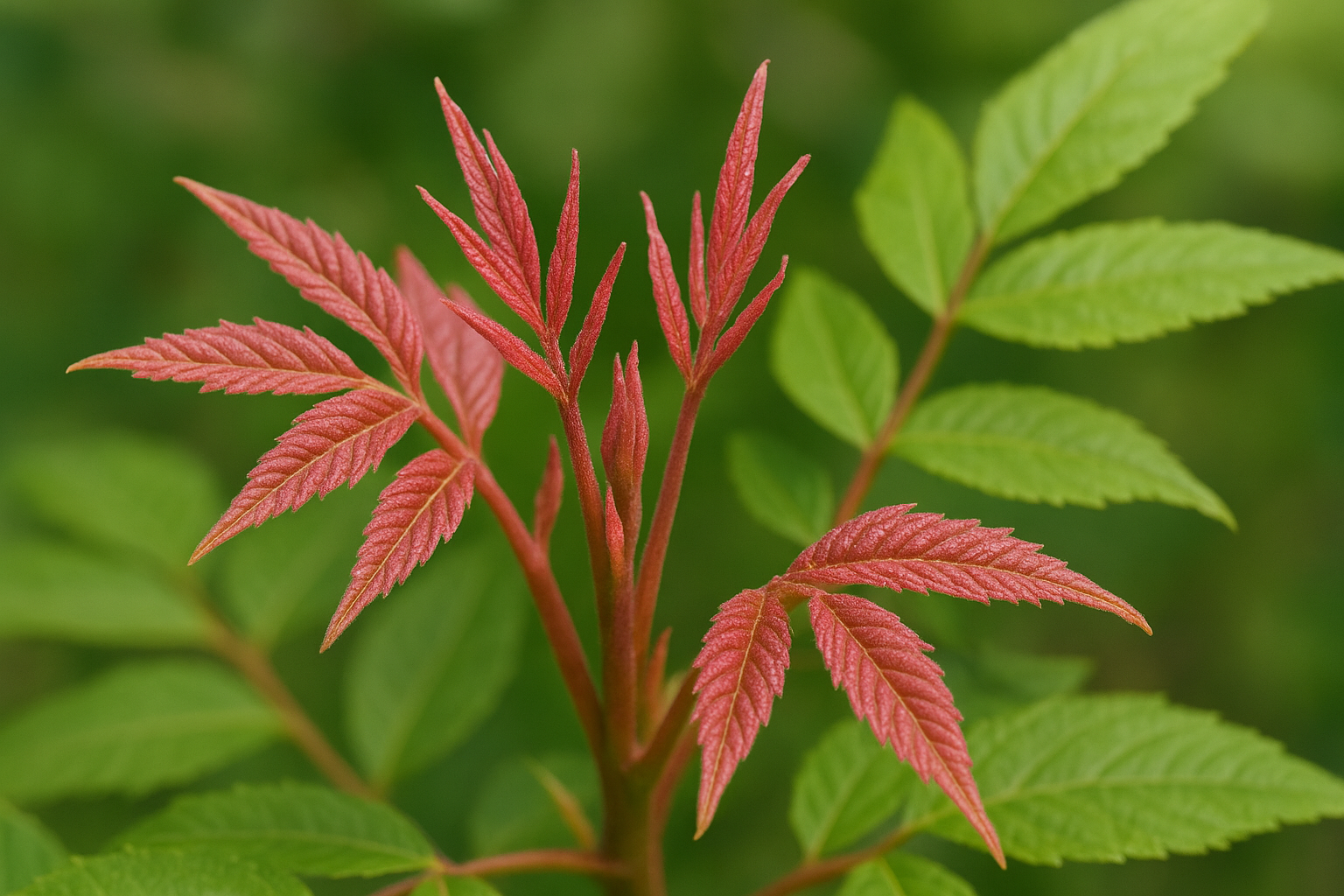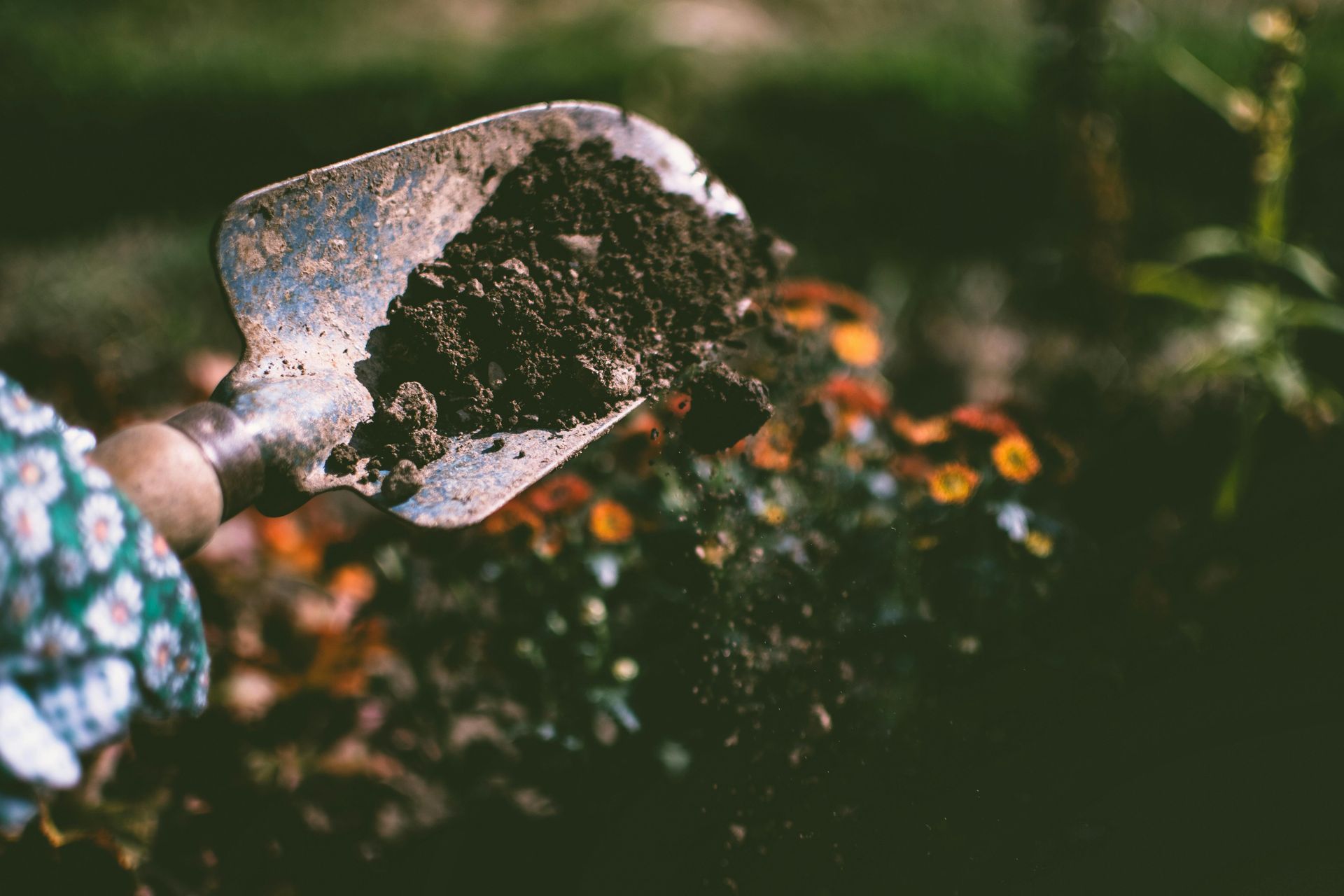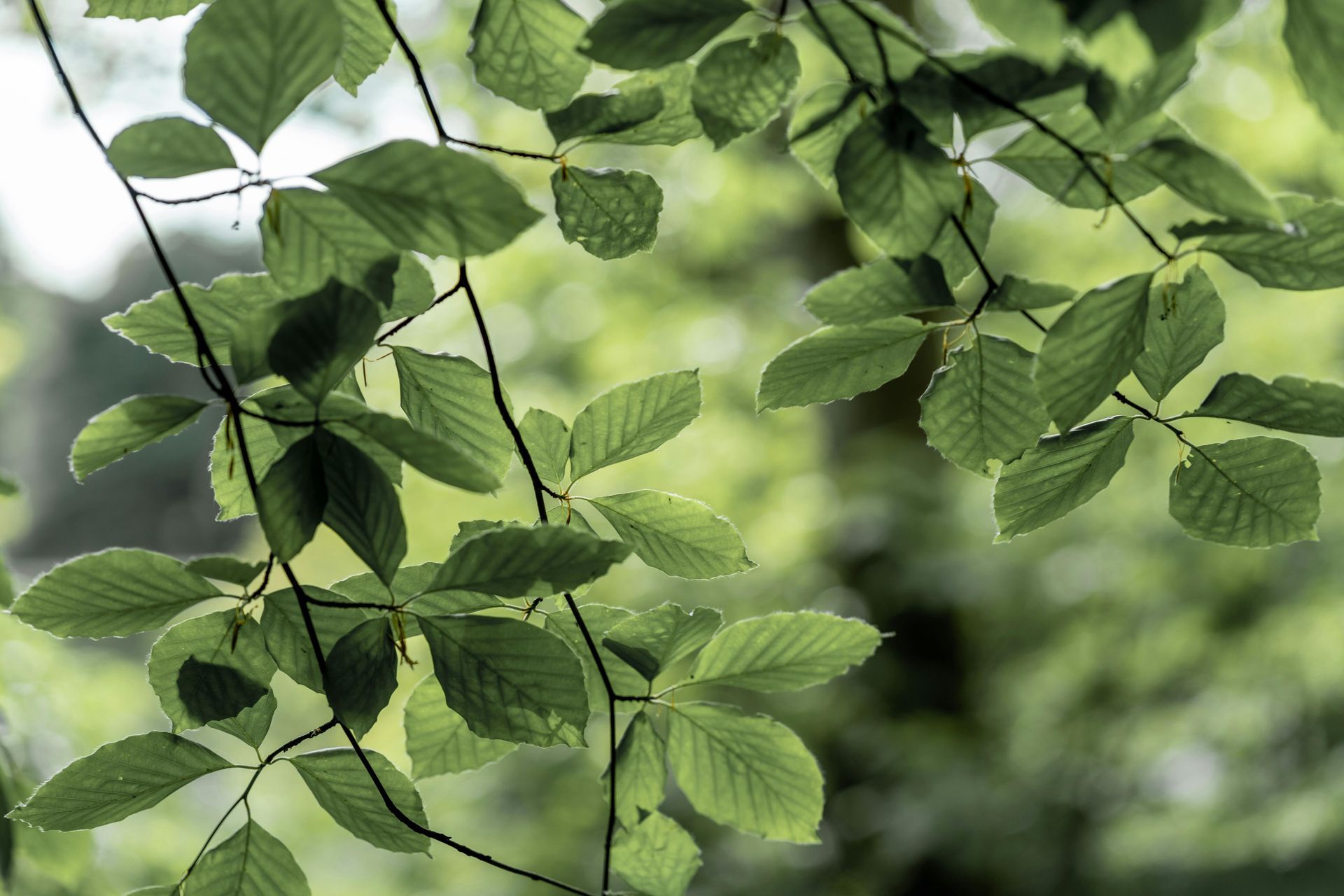pHriend or pHoe? The Importance of Soil pH
How many of you remember the phenomenon that was occurring through the 1970s and 80s called ‘acid rain’? It had a major impact on North America and Europe due to the immense amount of pollution being spued into the air from human activities—particularly from burning fossil fuels and smelting metal ore. Acid rain still occurs today but its impact is far less than it was decades ago, in part due to the strong air pollution regulations that were enacted to combat this serious issue.
Acid rain, scientifically termed acid deposition, occurs when noxious chemicals like sulfur dioxide and nitrogen oxide are released into the air, where they react with water vapor, oxygen, and other chemical substances leading to the creation of acids. These acids dissolve in small particles of water and return to the earth in any form of precipitation (this includes sleet, hail, fog, and snow).
Precipitation affected by acid deposition typically has a pH of about 5 or below, with some areas receiving rain with a pH of just 3. In acid-sensitive areas, or locations that do not have acid-neutralizing buffers such as limestone, the decrease in pH of the water and soil pose a major risk to many life forms, humans included. These problems include increased rates of illness, weakened immune systems, increased susceptibility to drought, cold, and other stressors, and death.
Clearly, pH has a tremendous impact on the entire ecosystem, up to and including the plants you care for in your home and backyard. Many people know that plants need water, air, and nutrients. But did you know that pH can make or break your plants? Without the proper pH levels, no amount of fertilizer will get your plants, grass, or crops looking and growing their best. In fact, you may find that you need less fertilizer once your soil pH is balanced.
What is soil pH?
Soil pH is the measure of the acidity or alkalinity of soil. The term pH stands for potential hydrogen and is a measure of hydrogen ion concentration in any given substance. On a scale of 1 to 14, a pH of 1 is very acidic and a pH of 14 is very alkaline, while a pH reading of 7 is neutral. Most soils have a pH between 3.5 and 10, depending on a range of variables such as level of rainfall, soil composition, weathering processes, use of fertilizers, surrounding plants, human activity, etc.
Effects of pH on your soil & plants
Soil pH affects the amount of nutrients and chemicals that are soluble in soil water, and therefore, the amount and kind of nutrients that are available to plants. Some nutrients are more available under acidic conditions, while others are more available under alkaline conditions. Most mineral nutrients are readily available in near-neutral conditions.
Soils that are too acidic or too basic will have what’s called toxicities or deficiencies in certain nutrients and minerals, which affect plant growth, flowering/fruiting, chlorophyl production, and the activity of beneficial microorganisms. Certain species of trees, such as azaleas, rhododendrons, pin oaks, dogwoods, hollies, Japanese maples, magnolias, or laurels, tolerate and even prefer to live in the conditions brought on by acidic soils. For those with more alkaline soil, you have fewer available options but can still consider trees like hawthorns, elms, tulip poplars, or shellbark hickorys. However, most plants enjoy a neutral range of pH. I recommend doing some research on the plants you have or plan to purchase to find what pH levels they will tolerate.
How to adjust the pH of your soil
Once you've determined where your soil stands in terms of composition and pH level, it's now time to make a decision whether or not to do something about it. The most common amendment on the market that neutralizes acid levels in soil is lime. No, not the kind that grow on trees. We're talking about ground limestone, pictured above. Recall that limestone acts as a natural buffer, and the calcium carbonate and magnesium carbonate found in limestone neutralizes acids on contact. You can purchase lime at nearly any home improvement store or garden center for less than $10 a bag. Just remember--take it easy on the lime. It's best to test the waters before dumping an entire bag in the dirt. FYI: it's far easier to raise pH than it is to lower it.
So, what do you do if your soil is too alkaline, not acidic? Alkaline soils can be neutralized by amending them with elemental sulfur, iron sulfate or aluminum sulfate. You can also achieve the same effect by spreading well-decomposed compost, compost tea, coffee grounds, or organic mulches. As these items break down, they will slowly make the soil less alkaline and more acidic.

The last concept to remember about soil pH is that it changes all the time, for a number of reasons. For best results in your lawn or garden, test soil pH regularly and do your research on your plants. They will thank you!
Check out the latest:









